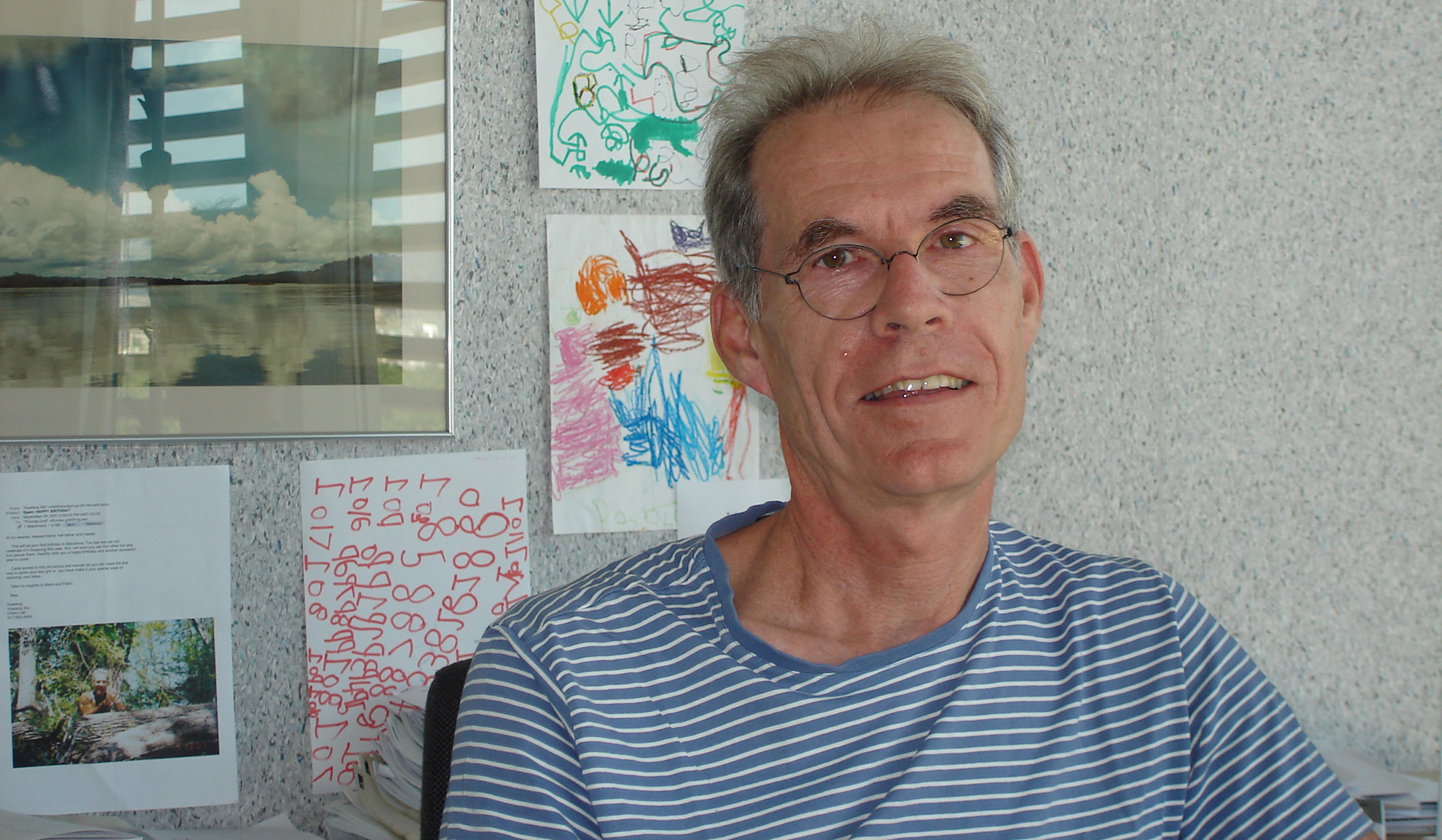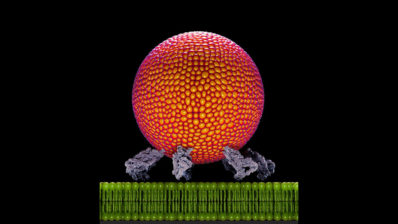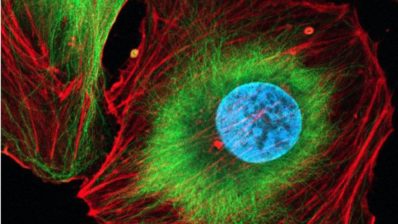Thomas Graf was born in Vienna 63 years ago and grew up in Venezuela until the age of 18. Since then he has lived in Germany, Australia, Switzerland, the US and finally Spain, where he is currently working at the Centre for Genomic Regulation (CRG). Married (three times) and with five children with ages ranging from 5 to 41, Graf has been at the forefront of many scientific discoveries.
When did you become interested in science and why?
I had a passion for collecting orchids and I met a researcher in Venezuela who was also crazy about this. From him I heard for the first time about the excitement of modern biology and ended up working for two summers in his lab. I was 16.
Then you moved to Germany.
Yes, he recommended me to a colleague at the Max Planck Institute in Tuebingen, were I did my PhD on oncogene-carrying retroviruses. After a postdoc at Duke I returned to the Max Plank to start my own group.
What has been your best contribution to science?
In the 80s I discovered that at least two oncogenes are required to cause acute leukaemia – the principle of oncogene cooperativity. Then in the 90s, as program coordinator at EMBL, one of my main discoveries was that cellular lineages are specified by the antagonistic action of transcription factors (TF), something nowadays is seen as a universal principle.
“I discovered that cellular lineages are specified by the antagonistic action of transcription factors (TF), something nowadays is seen as a universal principle”
Thomas Graf
You stayed at EMBL for 15 years… and then went back to the US, to New York.
Yes, to the Albert Einstein College of Medicine, where we managed to trans-differentiate mature lymphocytes into macrophages with only one transcription factor. That mature cells can be so plastic was quite unexpected, and we are currently working to find out how it happens.
How does this relate to the famous reprogramming of skin cells to embryonic stem cells?
It’s the same idea, but we are inducing direct changes from one cell type into another without having to go through an induced de-differentiation to embryonic stem (ES) cells. Our strategy, if it works, might be simpler and less risky for therapeutic applications, since ES cells can cause tumours.
Why did you come to the Barcelona Biomedical Research Park (PRBB)?
In my final years in the US I was not very happy for political reasons. I also had married a Spanish wife, so it made sense to come to Spain. Because of its excellent science, the CRG was an obvious choice. And every time I walk into the PRBB and my lab it makes me happy to see the setting.
What has been the best moment of your career?
In 1994 I asked one of my students to put an erythroid transcription factor into myeloid cells. We expected that they would now express hemoglobin. But they completely changed: not only they acquired erythroid characteristics but they also lost their myeloid ones. This first reprogramming experiment blew me away.
“The first reprogramming experiment we did in my lab, back in 1994, blew me away”
And the most difficult one?
After being in New York for 3 years I still had no results to speak of. I thought I wouldn’t be able to stay in science.
What’s the best advice you have ever received?
Harold Varmus once told me: “You don’t need to be brilliant. Just make sure you have a biological system with which you can advance easily. You will be able to ask questions no one has asked before”.
What’s your biggest regret?
Perhaps a major reason that prevented me from making truly big discoveries is that at critical moments I was not confident enough. On several occasions I had the right idea before others, but I did not have the guts to venture into totally unfamiliar territory.
What would be your advice to young researchers?
You must enjoy playing. Be open to unexpected results and willing to take risks. Dare to doubt what’s published and to challenge your boss (with good arguments!). Follow your curiosity and move around.







